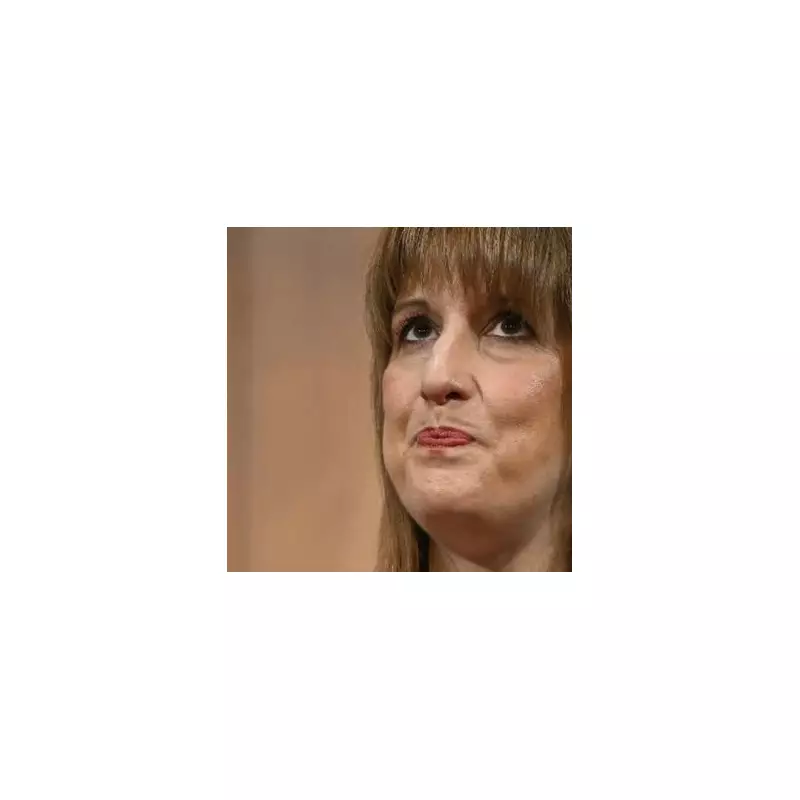
The ongoing freeze on income tax thresholds is creating a silent tax revolution across Britain, with new analysis revealing the startling impact on workers' pay packets. As wages gradually increase to combat inflation, millions are being pulled into higher tax brackets without any change in government policy.
The £46,000 Threshold: Where the Squeeze Begins
Recent calculations indicate that anyone earning over £46,100 annually now faces paying the higher 40% income tax rate. This represents a significant shift from previous years, where the threshold for higher-rate taxation provided more breathing space for middle-income earners.
How Fiscal Drag is Reshaping Your Finances
The mechanism behind this financial squeeze is known as 'fiscal drag' - a phenomenon where tax thresholds remain static while wages increase with inflation. The result? More of your hard-earned money goes to the Treasury, even though your real purchasing power may not have improved.
"The freeze on allowances and thresholds is the government's stealth tax," explains a leading economic analyst. "It's pulling people into higher tax brackets without them necessarily feeling better off, despite nominal pay increases."
The Numbers Behind the Squeeze
- Higher-rate threshold frozen at £50,270 since 2021
- Personal allowance unchanged at £12,570 for the same period
- Projections show continued impact through 2028
- Middle earners facing the heaviest burden
Who's Really Feeling the Pinch?
While higher earners are noticing the change, it's the professionals and skilled workers in the £46,000-£60,000 bracket who are experiencing the most significant impact. Many are now paying tax at rates previously reserved for substantially higher incomes.
The combination of frozen thresholds and ongoing inflation means that even modest pay rises can result in disproportionately higher tax contributions, leaving many households questioning whether their financial progress is genuine or illusory.
Looking Ahead: The Long-Term Implications
With the threshold freeze expected to continue until at least 2028, financial experts warn that the problem will only intensify. More workers will find themselves crossing into higher tax territory, potentially dampening the benefits of future wage growth.
As one economist notes, "This silent tax grab affects household budgets at a time when many are already struggling with elevated living costs. Understanding these changes is crucial for effective financial planning."





